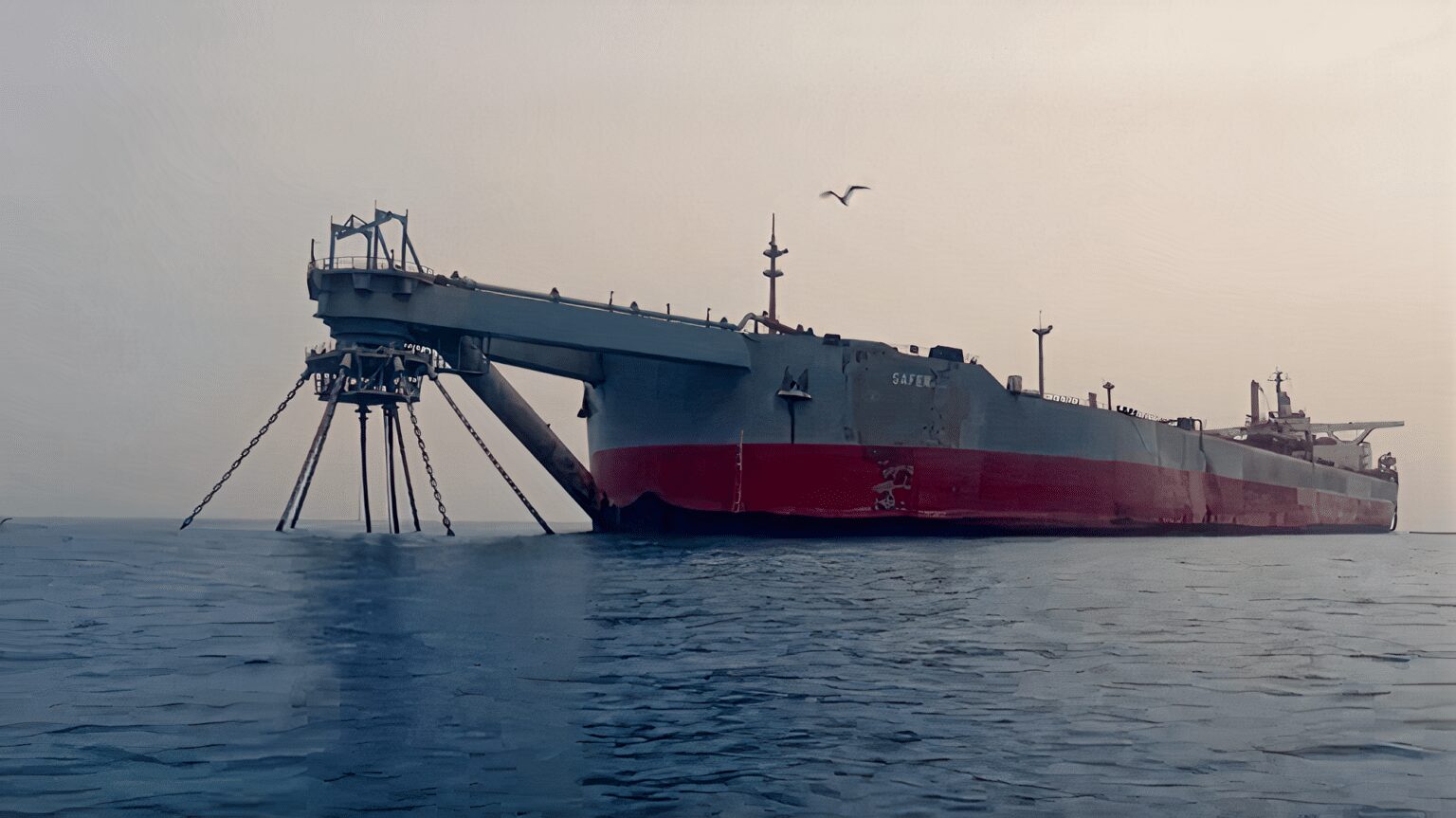The United Nations has failed to raise the funds required to salvage 1.1 million barrels of oil moored off the coast of Yemen.
The United Nations has failed to reach its goal of raising funds for salvaging a Yemeni oil tanker. The tanker is in a decaying state with 1.1 million barrels of oil onboard. If the operation is unsuccessful, there is a high risk of a major oil spill off the coast of Yemen.

According to U.N. officials, the Red Sea and Yemeni coasts face a high risk from the vessel. If the barrels were to spill into the ocean, the oil spill would be four times more dangerous than the 1989 Exxon Valdez oil spill off Alaska.

Farhan Haq, deputy spokesperson, states that the operation can begin at the end of May. He also says the United Nations will contribute internally to bridge the gap.
The tanker’s maintenance has been on hold since 2015. Since then, its condition has deteriorated considerably. The vessel can explode at any moment.
Donations pledged toward the clean-up
The United Nations has purchased a new oil vessel called the Nautica for $55 million. However, they are struggling to raise the $129 million required to clear out the FSO Safer. The U.N. raised $99 million by accepting donations from governments and private firms.

The United Nations held a joint fundraiser with the United Kingdom and the Netherlands to raise the remaining $29 million. The event succeeded in raising only $5.6 million of the required amount. However, different sources cite different amounts. The U.K. states that $7.54 million was raised.

An additional $19 million is required to initiate stage two of the clean-up operation. The amount cannot be satisfied by selling the oil aboard the vessel, as its ownership is unclear.
The cleanup of an oil spill of this magnitude will require $20 billion.
Nations such as the United Kingdom, Netherlands, Egypt, Republic of Korea, France, Malta, and Luxemburg participated in the donation drive.
Concern of Middle Eastern Companies
Hayel Saeed Anam Group (HSA) is a UAE-based production company. They are among the few companies in the private sector that pledge donations. They are urging others to do the same to avoid an environmental catastrophe.
Nabil Hayel Saeed Anam, the managing director of the Yemen branch, is gravely concerned about the vessel. He fears an unprecedented oil spill will have disastrous side effects on the home market.

An oil spill will not only disrupt the trading markets of the country but also worsen the humanitarian crisis faced by Yemenis living in the region. It will block trade routes, and medical and food aid will be blocked from entering the region.
The breakdown of the vessel will not only affect the companies in Yemen and the surrounding Arab nations but also block paths to other nations, including Sudan. Mr. Anam is urging the private sector to take immediate action.
Plan of Action for Clean-up
MIT Salvage, a subsidiary of Boskalis, a Dutch maritime service company, is contracted by the United Nations Development Programme to offload the oil and clean up the vessel. Boskalis’ Chief Executive Peter Berdowski states that the clean-up poses unique challenges due to its location.

Berdowski states that the vessel is currently a ticking time bomb. The Houthis control the tanker. They know its strategic importance in trade and that it plays a role in affecting global factors.

The cleanup will take a total of four to six weeks to complete. According to reports, the vessel is decayed, with cracks along its exterior. There is a danger of toxic gases and oil spills. According to Berdowski, the cleanup of toxic gases is the first step.
The tanks will be treated with chemicals and water, and the oil will be pumped aboard a new tanker. Lastly, repairs will take place to restore the tanker, which is ready for towing.













